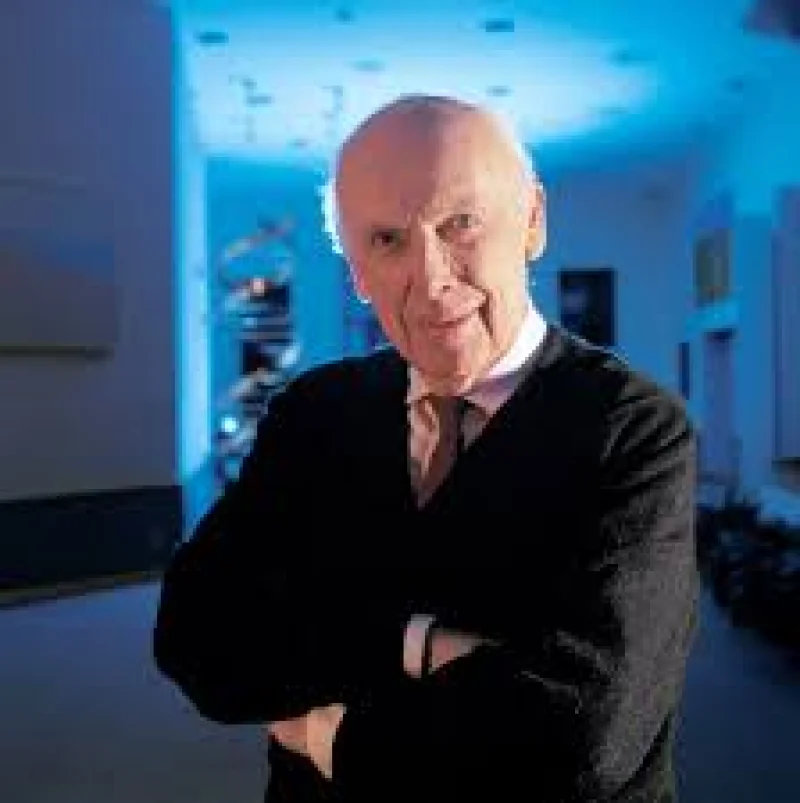Short Summary
Emil Adolf Behring was a pivotal figure in medical science, renowned for his groundbreaking work in immunology and serum therapy. He is best known for developing a successful treatment for diphtheria, a major cause of childhood mortality in the late 19th century. Awarded the first Nobel Prize in Physiology or Medicine in 1901, Behring's contributions have had a lasting impact on the field of medicine, particularly in the development of vaccines and antibody therapies.
Early Life & Education
Emil Adolf Behring was born on March 15, 1854, in Hansdorf, West Prussia, which is now part of Poland. He was the eldest of thirteen children in a modest family, his father being a schoolmaster. Despite financial constraints, Behring's academic prowess earned him a scholarship to study medicine at the University of Berlin. He completed his medical degree in 1878. During his studies, Behring was influenced by the work of Robert Koch, who would later become a significant figure in his professional life.
Career Highlights
Behring began his career in the military medical service, where he gained experience in infectious diseases. He later joined Robert Koch's laboratory at the Institute of Hygiene in Berlin. It was here that he made his landmark discovery of serum therapy, in collaboration with Shibasaburo Kitasato, leading to a successful diphtheria antitoxin. This breakthrough treatment drastically reduced the mortality rate of diphtheria. In 1895, he became a professor at the University of Marburg, where he continued his research and developed a tetanus antitoxin.
Major Achievements
- Developed the first effective diphtheria antitoxin, saving countless lives.
- Awarded the first Nobel Prize in Physiology or Medicine in 1901 for his work on serum therapy.
- Contributed to the development of a tetanus antitoxin, enhancing medical treatments for wound infections.
Famous Quotes
- "The most urgent task of mankind is the prevention of infectious diseases."
- "Science is the father of knowledge, but opinion breeds ignorance."
Interesting Facts
- Behring's work laid the foundation for modern immunology and vaccine development.
- He was knighted by the German Emperor for his contributions to medicine.
- Behring invested in a pharmaceutical company that mass-produced his antitoxin, making it widely available.
Legacy / Influence
Emil Behring's pioneering work in serum therapy has left an indelible mark on medical science. His discoveries paved the way for the development of vaccines and antibody treatments, significantly reducing the impact of infectious diseases. His methods and approaches continue to influence modern immunology and have saved millions of lives worldwide. Behring's legacy is celebrated in the ongoing fight against infectious diseases.
FAQ
Q: Why is Emil Behring famous?
A: He is famous for developing the first effective treatment for diphtheria and his pioneering work in immunology.
Q: What award did Behring receive for his work?
A: He was awarded the first Nobel Prize in Physiology or Medicine in 1901.
Q: What is serum therapy?
A: Serum therapy involves using antibodies from immune individuals to treat infectious diseases.












